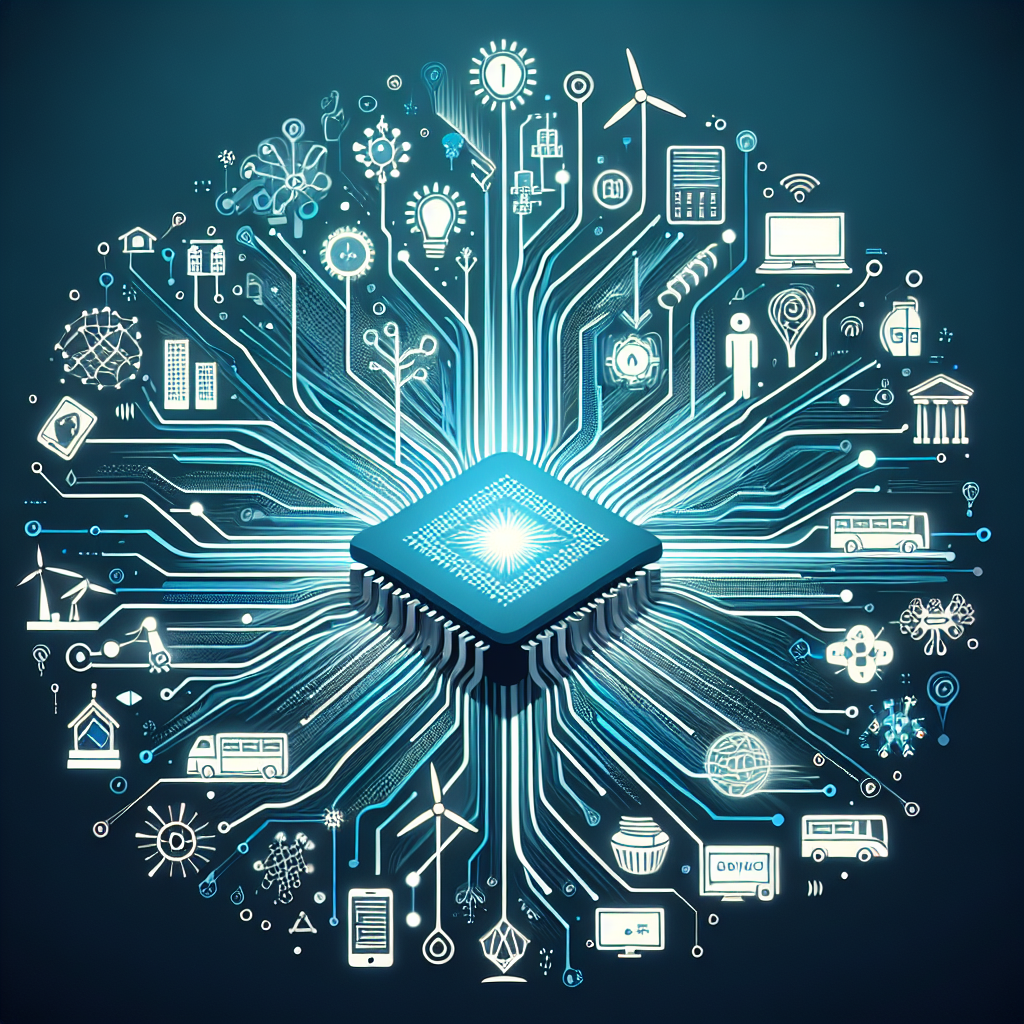Artificial General Intelligence (AGI) is a type of artificial intelligence that possesses the ability to understand, learn, and apply knowledge in a way that is similar to human intelligence. Unlike narrow AI systems, which are designed for specific tasks, AGI has the potential to perform a wide range of tasks and adapt to new situations without human intervention. As AGI technology continues to advance, its impact on society is becoming increasingly significant. In this article, we will explore how AGI is impacting our daily lives and what the future may hold for this rapidly evolving technology.
AGI and Society: The Current Landscape
AGI has already begun to make its mark on society in a variety of ways. One of the most prominent examples of AGI in action is in the field of autonomous vehicles. Companies like Tesla, Waymo, and Uber are developing self-driving cars that rely on AGI technology to navigate roads, make split-second decisions, and avoid accidents. These vehicles have the potential to revolutionize transportation by reducing traffic congestion, improving safety, and increasing mobility for individuals who are unable to drive.
AGI is also being used in the healthcare industry to improve patient care and outcomes. For example, IBM’s Watson Health platform uses AGI to analyze medical data and provide personalized treatment recommendations for patients. This technology has the potential to revolutionize healthcare by enabling doctors to make more accurate diagnoses, prescribe more effective treatments, and improve overall patient outcomes.
In the field of finance, AGI is being used to analyze market trends, predict stock prices, and automate trading strategies. Companies like Goldman Sachs and BlackRock are using AGI technology to gain a competitive edge in the financial markets by making faster and more informed investment decisions. This has the potential to democratize access to financial services and level the playing field for individual investors.
AGI is also being used in the field of education to personalize learning experiences for students. Adaptive learning platforms like DreamBox and Knewton use AGI technology to analyze student data, identify learning gaps, and tailor lesson plans to meet individual needs. This has the potential to improve student outcomes, reduce dropout rates, and increase overall academic achievement.
The Impact of AGI on Jobs and the Economy
One of the biggest concerns surrounding AGI is its potential impact on jobs and the economy. As AGI technology continues to advance, there is a fear that automation will lead to widespread job loss and economic disruption. According to a report by the McKinsey Global Institute, up to 800 million jobs could be automated by 2030, representing 30% of the global workforce.
However, proponents of AGI argue that the technology has the potential to create new jobs and industries that we have yet to imagine. For example, as AGI becomes more prevalent in healthcare, there will be a growing demand for healthcare professionals who can work alongside AI systems to provide personalized care for patients. Similarly, in the field of finance, there will be a need for financial analysts who can interpret the insights generated by AGI systems and make informed investment decisions.
In order to mitigate the potential negative impact of AGI on jobs and the economy, policymakers and industry leaders must work together to develop strategies for upskilling workers, retraining displaced employees, and creating new opportunities for innovation and growth. This will require a collaborative effort between government, industry, and academia to ensure that the benefits of AGI are shared equitably across society.
FAQs
1. What is the difference between AGI and narrow AI?
AGI is a type of artificial intelligence that possesses the ability to understand, learn, and apply knowledge in a way that is similar to human intelligence. Narrow AI, on the other hand, is designed for specific tasks and lacks the ability to generalize its knowledge to new situations.
2. How is AGI being used in autonomous vehicles?
AGI technology is being used in autonomous vehicles to navigate roads, make split-second decisions, and avoid accidents. Companies like Tesla, Waymo, and Uber are developing self-driving cars that rely on AGI technology to improve safety and mobility.
3. What are the potential benefits of AGI in healthcare?
AGI has the potential to revolutionize healthcare by enabling doctors to make more accurate diagnoses, prescribe more effective treatments, and improve overall patient outcomes. Technologies like IBM’s Watson Health platform are using AGI to analyze medical data and provide personalized treatment recommendations for patients.
4. What are some of the potential challenges of AGI?
One of the biggest challenges of AGI is its potential impact on jobs and the economy. As automation continues to advance, there is a fear that widespread job loss could occur. Policymakers and industry leaders must work together to develop strategies for upskilling workers, retraining displaced employees, and creating new opportunities for innovation and growth.
5. How can society benefit from the advancement of AGI?
Society can benefit from the advancement of AGI in a variety of ways, including improved healthcare outcomes, increased access to financial services, personalized learning experiences for students, and enhanced transportation options. AGI has the potential to revolutionize industries and improve quality of life for individuals around the world.
In conclusion, AGI has the potential to revolutionize society in ways that we have yet to imagine. From autonomous vehicles to personalized healthcare, AGI technology is already making its mark on our daily lives and will continue to shape the future in profound ways. By addressing the challenges and opportunities presented by AGI, we can ensure that this technology benefits society as a whole and creates a more equitable and sustainable future for all.

